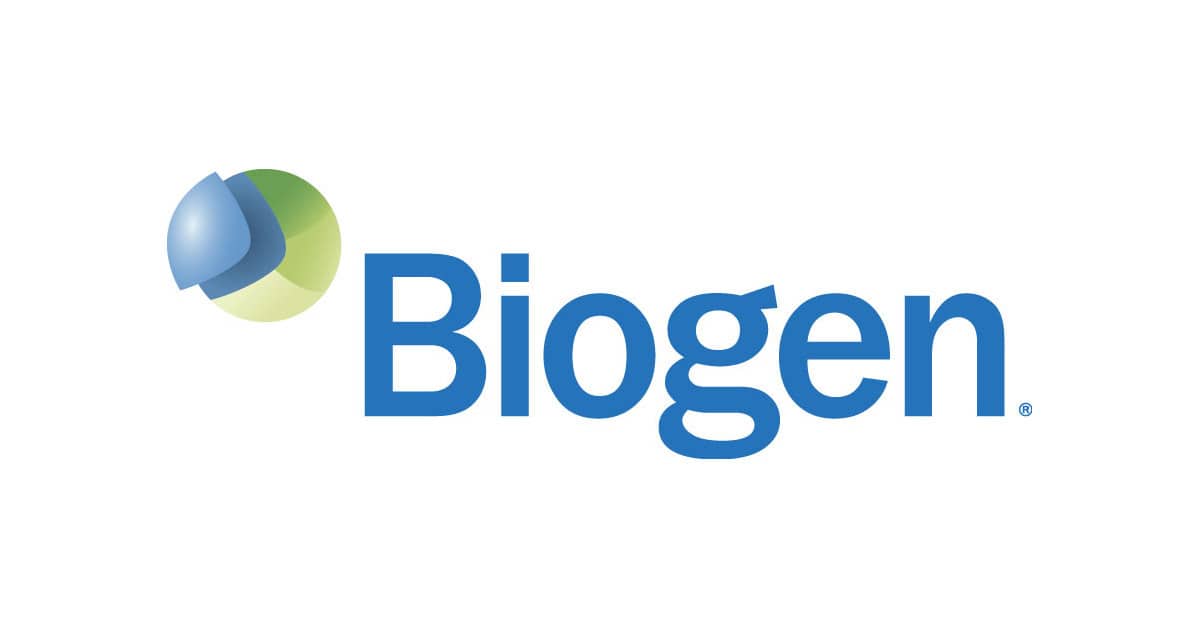
In a surprising twist, Biogen has said that it plans to file its experimental therapy aducanumab for Alzheimer’s disease, months after abandoning the drug in phase 3.
The Eisai-partnered drug was scrapped in phase 3 earlier this year following advice from an independent data monitoring committee to halt trials. The news was a huge blow for the field of Alzheimer’s research, which has suffered continued late-stage failures in drug research. It also hit Biogen hard, with its share price plunging 25%.
The initial failure of the drug also fuelled the sentiment that the ‘amyloid hypothesis’ of targeting beta amyloid had finally been exhausted. However, that theory has now been revived thanks to Biogen’s announcement that it plans to go ahead with regulatory filings for aducanumab after all.
According to Biogen, the results from a subset of patients in the phase 3 ENGAGE study of the drug warrant taking it forward. It said that patients who received sufficient exposure to high doses of the drug experienced significant benefits on measures of cognition and function, including memory, orientation and language.
Although Biogen had seen failure in the second trial of aducanumab, it maintains that this is likely due to the fact that there wasn’t a significant number of patients receiving sufficient exposure to the higher dose of the medication. This crucial factor is what could make the drug a success, and see Biogen’s fortunes change dramatically.
 “This (announcement) is the result of groundbreaking research and is a testament to Biogen’s steadfast determination to follow the science and do the right thing for patients,” said Michel Vounatsos (pictured left), Biogen’s CEO.
“This (announcement) is the result of groundbreaking research and is a testament to Biogen’s steadfast determination to follow the science and do the right thing for patients,” said Michel Vounatsos (pictured left), Biogen’s CEO.
“We are hopeful about the prospect of offering patients the first therapy to reduce the clinical decline of Alzheimer’s disease and the potential implication of these results for similar approaches targeting amyloid beta,” he added.
The decision to file aducanumab with the FDA is based on this new analysis – conducted by Biogen in consultation with the FDA.
There is no telling of if the FDA is likely to approve the drug based on this information, but the fact that it is even being filed has given Alzheimer’s researchers renewed hope, and sent Biogen’s stocks soaring. Its shares leapt to 26% yesterday when the news broke – an incredible gain for the company.
If Biogen does receive approval for the drug, it can expect billions of dollars in annual revenues. However, if the drug is rejected by the FDA, the ‘amyloid hypothesis’ will likely well and truly be tossed to the side, and Biogen will face the consequences of reviving hope only for it to be dashed again.
Responding the news, Hilary Evans, chief executive of Alzheimer’s Research UK, said that “taking another look at aducanumab is a positive step for all those who took part in the clinical trials and the worldwide dementia research community. As more data emerges, we hope it will spark global discussions about the next steps for delivering much-needed treatments into people’s hands.”
“The FDA will now assess the new data and its strengths and limitations before deciding about whether aducanumab should be made widely available in the US. At Alzheimer’s Research UK, we are already bringing together regulators and drug developers to help speed up the delivery of promising new treatments towards patients,” she added.




